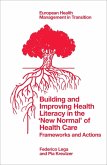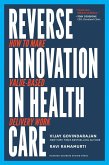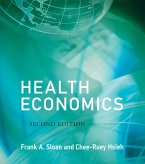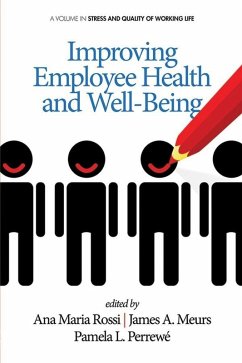Research shows that low health literacy (HL) is linked to poorer mental and physical health, increased health inequalities and less cost-effective health care systems. HL results in Europe indicate that almost 50% of the respondents in eight member states of the European Union displayed limited HL. Reasons for this range from demographic to socioeconomic, health-related and economic relationships that need to be explored to understand why policymakers and health care managers should care about health literacy.Building and Improving Health Literacy in the 'New Normal' of Health Care explores how health literacy is assessed and measured, both systematically in scientific studies as well as "e;ad hoc"e; by medical professionals. The latter shapes how medical staff interacts with patients and therefore is a crucial aspect of patients' understanding. Exemplary data of health literacy results are explained, with a focus on where to obtain health information and how it is communicated, leading on to a discussion exploring how innovations can remedy these potential problems.Building and Improving Health Literacy in the 'New Normal' of Health Care identifies desirable paths of action to improve health literacy amongst patients, focusing on new technologies that could facilitate reducing health disparities. It is an essential read for policymakers and health care managers.
Dieser Download kann aus rechtlichen Gründen nur mit Rechnungsadresse in A, B, BG, CY, CZ, D, DK, EW, E, FIN, F, GR, HR, H, IRL, I, LT, L, LR, M, NL, PL, P, R, S, SLO, SK ausgeliefert werden.









